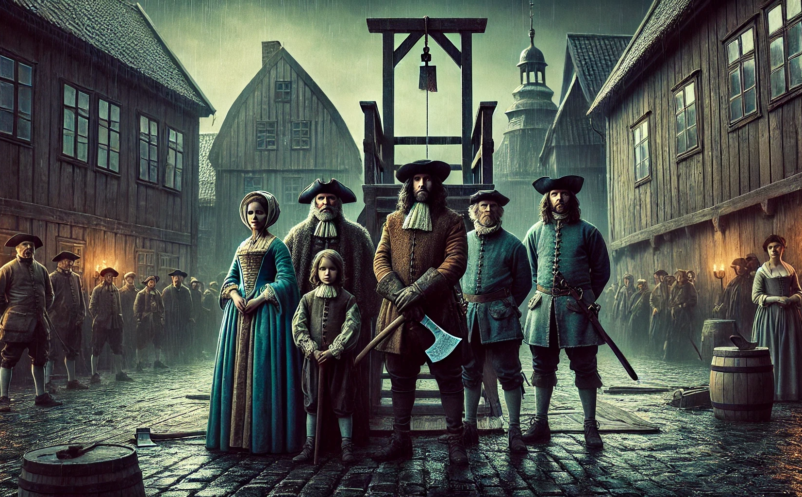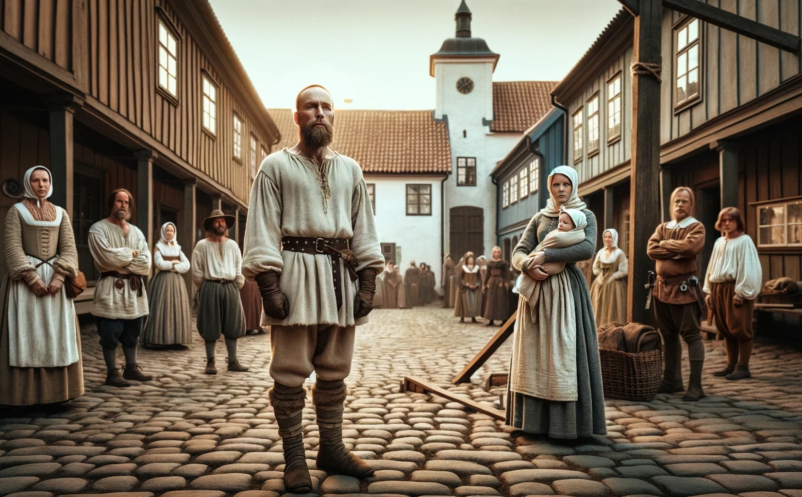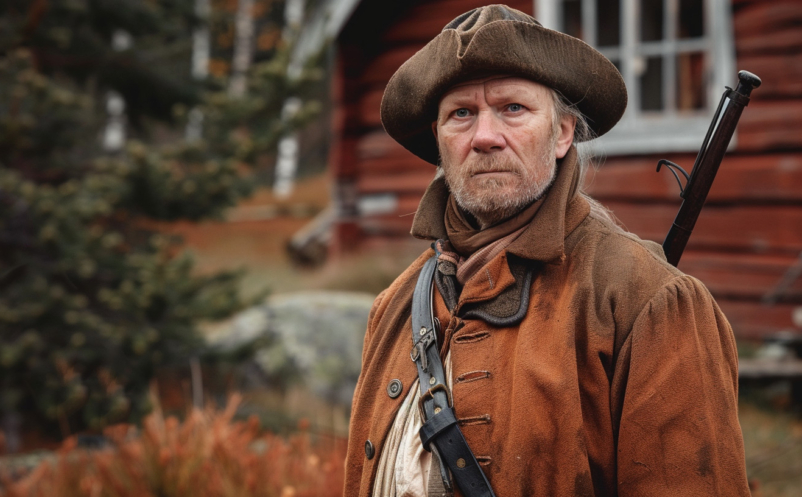As seen in the previous post, it is primarily men who have been credited with turning the Nordic people from the old Norse Gods to the new God and Christ. Kings, who with a mixture…


As seen in the previous post, it is primarily men who have been credited with turning the Nordic people from the old Norse Gods to the new God and Christ. Kings, who with a mixture…

Turku, Finland/Sweden, 1643: Inside the town hall of Turku, the air felt thick with the weight of impending decisions. The large, dimly lit room was dominated by heavy wooden beams and rough stone walls, casting…

In the previous post, we examinated the origins of this gruesome profession. Now let’s take a look at the social status of those who became executioners. Once someone agreed to take on this role, he…

In this theme, previously posted on my instagram account (https://www.instagram.com/tookstalesofthenorth/), we explore one of the most marginalized and despised proffessions of history – the executioners. The name of this theme is because this was the…

In this series of Women and War, it is time to tell the tale of the ordinary women who followed the armies on campaign. When we read about historical military campaigns, they exclusively focus on…

The last peasant revolt in this theme took place in Norway (then part of Denmark) between 1786 – 1787, and has been named after it’s leader, Christian Lofthuus. At this time, discontent simmered among the…

The last large scale Swedish peasants’ revolt was spearheaded by men from Dalarna, hence the name ”The Great Dalecarlian Dance”. On June 6, 1743, the march from Dalarna to Stockholm began. There were many reasons…

One of the last large scale peasant uprisings in Sweden has been named The Great Dalecarlian Dance and took place in 1743. It played out in a transition between the old peasant society and the…

This post is the last part of three about the common people in the border regions between Sweden and Denmark. Caught up in the war between the countries and traditionally called Snapphanar, they fought harsh…

Unlike Nils Dacke in the 1540s, there was no ONE leader for the Snapphanar in the 17th century. One reason being, as previously mentioned, that there was no ONE Snapphane-movement. There was independent peasant uprisings,…